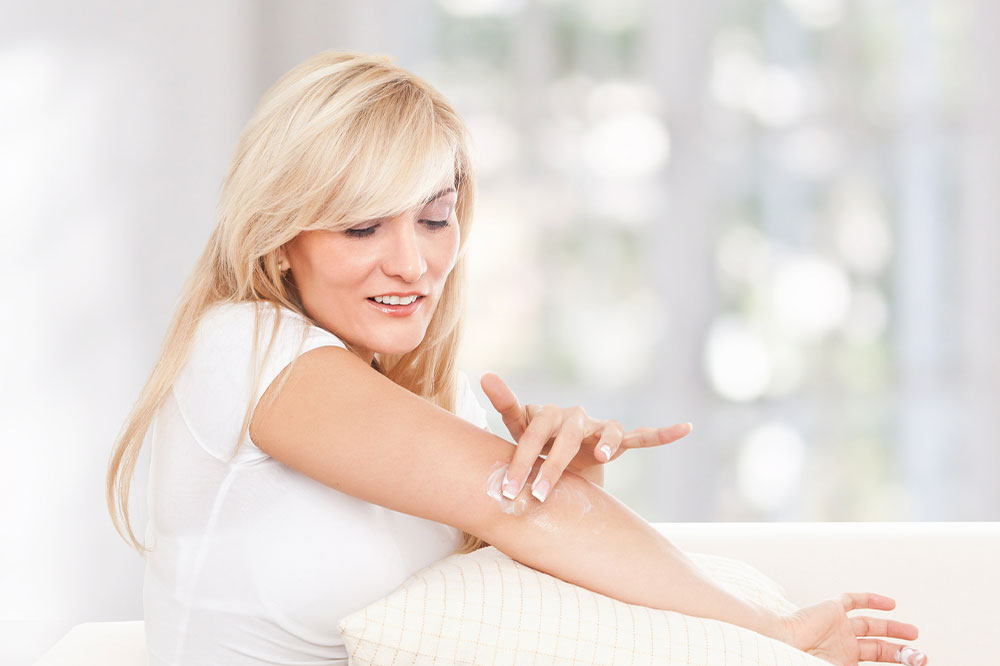9 best creams to relieve eczema

Around one in ten people in our country develop eczema during their lifetime. Eczema is a chronic skin disorder characterized by dry, scaly, and red skin that, more often than not, itches badly. While it has no definitive cure, certain creams can provide relief. Since a diverse range of eczema-relief creams, lotions, and balms are available, patients must choose wisely. Here are the nine best creams to use for eczema after a doctor’s approval.
CeraVe Therapeutic Hand Cream
This cream helps soothe eczema flare-ups on patients’ hands. It has several ingredients with hydrating properties that form a protective layer over the skin and fight inflammation. The cream also provides much-needed moisturization and reinforces the skin barrier, making it one of the best creams to use for eczema.
Reserveage Nutrition Hydrating Hand & Foot Cream
This premium hand and foot cream with glycerin helps keep the skin moisturized. It uses copper-encapsulated peptide technology to repair the skin damage caused by eczema. Further, this cream has collagen-boosting capabilities to maintain skin flexibility.
Vanicream Moisturizing Skin Cream
The Vanicream cream is ideal for those with sensitive skin. What sets it apart is its incredibly soft and soothing effect on application and the fact that it does not contain fragrances, dyes, or chemicals that can trigger irritation and allergies.
Exederm Flare Control Cream
This flare-control cream is safe for adults and children over the age of two. It relieves all eczema symptoms, such as itchiness, swelling, and irritation, without leaving behind residue. As a result, it is one of the best creams to use for eczema.
Skinfix Eczema+ Dermatitis Face Balm
This is a high-quality, gluten-free, and fragrance-free product with ingredients like sweet almond oil and colloidal oatmeal. It nourishes the skin and provides solid relief against eczema symptoms like dry patches and itchiness.
La Roche-Posay Cicaplast Baume B5 Soothing Therapeutic Multi-Purpose Cream
This multi-purpose cream can provide irritation-free soothing on the hands if one experiences eczema flare-ups. It is highly recommended for people with allergy-prone, sensitive skin.
The Naked Bee Hand & Cuticle Healing Salve
Unlike most other creams, this one does not leave the user’s fingers with a greasy sensation after usage. Moreover, its exotic ingredients, such as sunflower oil, shea butter, and beeswax, provide exquisite comfort and eczema relief.
Aveeno Eczema Therapy Itch Relief Balm
This product is 100 percent fragrance-free and contains colloidal oatmeal for quickly soothing flare-ups or itchiness. It can be used for spot treatment or all-around body application.
Eucerin Eczema Relief Cream
For users who like a thicker cream, this product fits the bill. It forms a lather on the skin and provides fine moisturization and irritation relief. The cream has ingredients like colloidal oatmeal and is free of fragrances and dyes.


